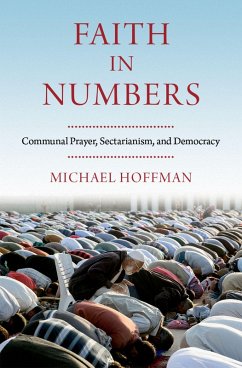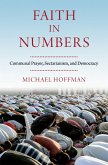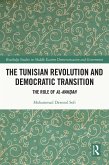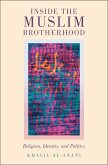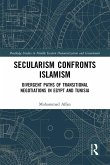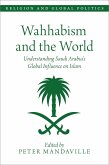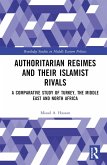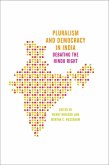Why does religion sometimes increase support for democracy and sometimes do just the opposite? In
Faith in Numbers, political scientist Michael Hoffman presents a theory of religion, group interest, and democracy. Focusing on communal religion, he demonstrates that the effect of communal prayer on support for democracy depends on the interests of the religious group in question. For members of groups who would benefit from democracy, communal prayer increases support for democratic institutions; for citizens whose groups would lose privileges in the event of democratic reforms, the opposite effect is present. Using a variety of data sources, Hoffman illustrates these claims in multiple contexts. He places particular emphasis on his study of Lebanon and Iraq, two countries in which sectarian divisions have played a major role in political development, by utilizing both existing and original surveys. By examining religious and political preferences among both Muslims and non-Muslims in several religiously diverse settings,
Faith in Numbers shows that theological explanations of religion and democracy are inadequate. Rather, it demonstrates that religious identities and sectarian interests play a major part in determining regime preferences and illustrates how Islam in particular can be mobilized for both pro- and anti-democratic purposes. It finds that Muslim religious practice is not necessarily anti-democratic; in fact, in a number of settings, practicing Muslims are considerably more supportive of democracy than their secular counterparts. Theological differences alone do not determine whether members of religious groups tend to support or oppose democracy; rather, their participation in communal worship motivates them to view democracy through a sectarian lens.
Dieser Download kann aus rechtlichen Gründen nur mit Rechnungsadresse in A, B, BG, CY, CZ, D, DK, EW, E, FIN, F, GR, HR, H, IRL, I, LT, L, LR, M, NL, PL, P, R, S, SLO, SK ausgeliefert werden.

